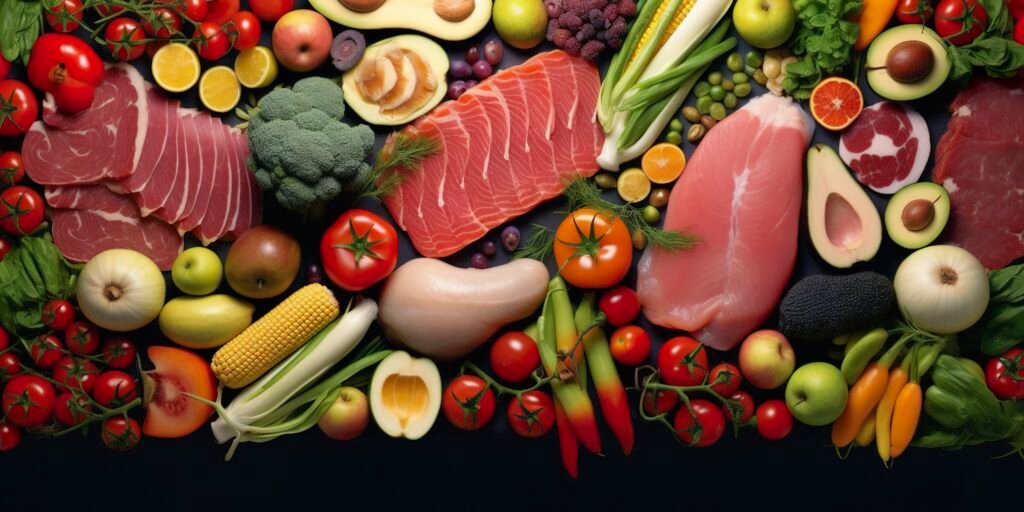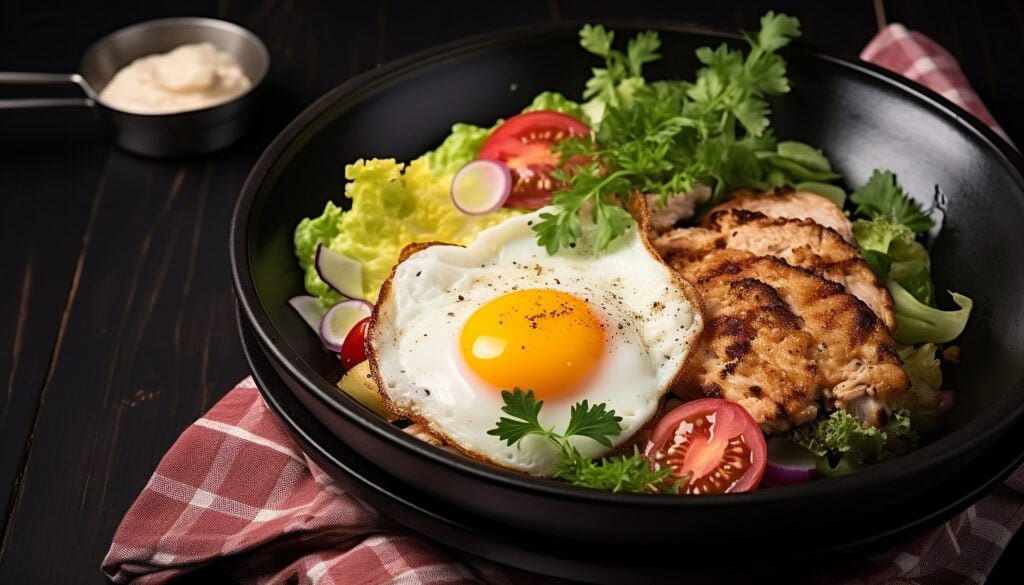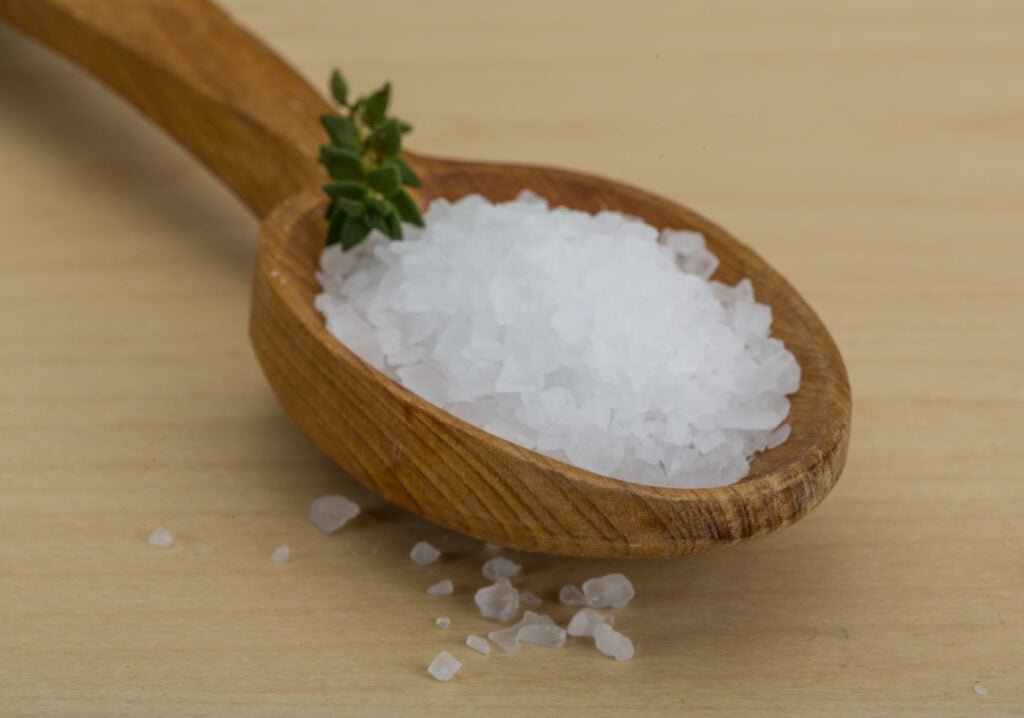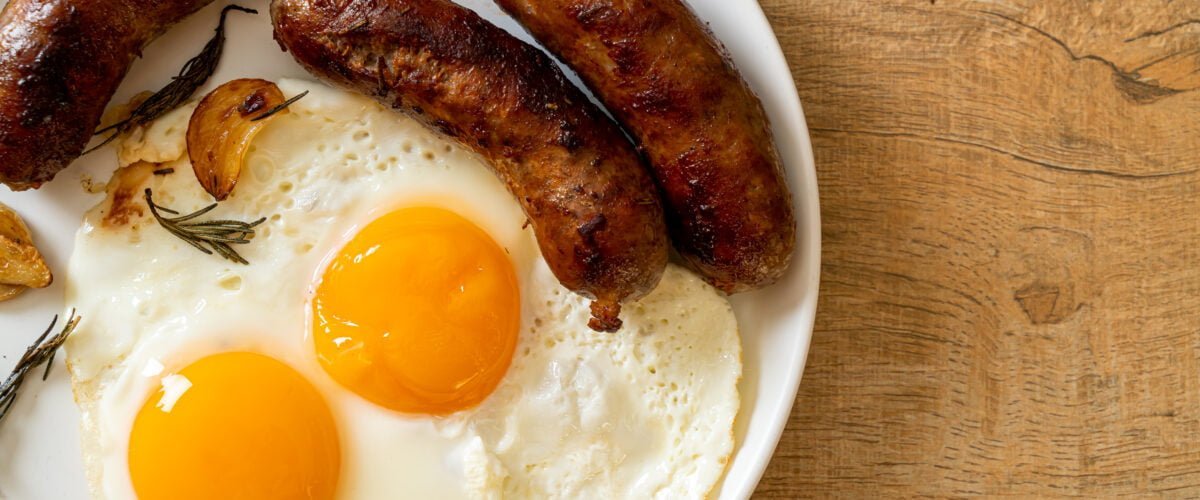Breakfast, often dubbed the ‘most important meal of the day,’ profoundly impacts our energy levels, daily productivity, and overall health. I’ve been on many, many diets throughout my life as I’ve had severe issues with weight gain and one could say something that I don’t realize is a body image issue.
But there’s no doubt it’s all about what you eat and how much. I’ve been on the keto, the paleo, the Atkins and other varieties of strict diets.
For many of us, this meal serves as a compass for the rest of the day’s nutritional decisions. The breakfast choices become even more noteworthy when adhering to specific dietary strategies.
In this article, which is without a doubt something I never do, and that’s give advice on food unless I’m giving a review of a restaurant, I will attempt to decode the best breakfast options for those adhering to a low-fat diet, a low-carb diet, a high-protein diet, a low-sodium diet, or a low-sugar diet, based on scientific nutritional perspectives.
For individuals on a low-fat diet, breakfasts should concentrate on lean proteins, fruits, vegetables, and whole grains. These elements ensure sufficient nutrient intake without adding excess fats.
- Watermelon
- Plums
- Oranges
- Grapefruit
- Spinach
- Kale
- Broccoli
- Cauliflower
- Cabbage
- Mushrooms

A prime example might include a whole-grain English muffin topped with a small slice of fat-free cheese and an abundance of fresh vegetables such as sliced tomato, cucumber, and sprouts.
Pair this with a refreshing shake made from non-fat yogurt and a plethora of mixed berries.
This mix ensures a powerful burst of nutrients, coupled with low-fat contents, providing a sustainable energy source throughout the morning.
Adhering to a low-carb diet doesn’t mean you have to sacrifice a filling and nourishing breakfast. The key is to prioritize lean proteins and low-carb fruits and vegetables. A classic breakfast option might be an omelet made with two eggs and filled with low-carb veggies, like bell peppers, mushrooms, and spinach.

Accompany this with a serving of Greek yogurt topped with almonds and a touch of cinnamon for an added flavor boost. This meal strikes an impressive balance between satiety and low carbohydrate availability.
A high-protein diet requires meals rich in lean proteins augmented with a proper balance of other macronutrients. For a high-protein breakfast, consider a scramble made from turkey sausage, egg whites, and cottage cheese laden with mixed herbs.
- Jackfruit
- Apricots
- Rananas
- Raisins
- Cherries
- Chickpeas
- Artichokes
- Lentils

Accompany it with a smoothie made from Greek yogurt and a scoop of high-quality whey protein. A sprinkle of chia seeds or flaxseeds can add to the nutrient composition of your breakfast while pushing up the protein load further.
For those seeking a low-sodium diet, breakfasts must be replete with ingredients naturally low in sodium and should avoid processed foods as they tend to be high in salt.

Start your day with a bowl of steel-cut oats sweetened with fresh fruits like apricots or peaches and spiced with a dash of cinnamon or nutmeg. Pair this with a freshly squeezed fruit juice or a herbal tea without added salt or sugar. This breakfast option helps to maintain the low-sodium requirement while offering a fulfilling morning meal.
- Apples
- Berries
- Peaches
- Pears
- Potatoes
- Carrots
- Okra
Those on a low-sugar diet need to consider meals high in protein and healthy fats, focusing on avoiding processed foods often laden with added sugars.

An ideal breakfast choice could be a bowl of avocado and soft-boiled egg salad mixed with cherry tomatoes, cucumbers, and a sprinkle of hemp seeds. Have it with a cup of unsweetened almond milk for a wholesome start to the day.
- Avocado
- Strawberry
- Kiwi
- Raspberries
- Blackberries
- Watermelon
- Asparagus
- Celery
- Mushrooms
Such a breakfast is low in sugars and provides a balance of other essential nutrients.Thus, adhering to specific diet approaches doesn’t equate to compromising enjoyable and balanced meals.
Whether you’re on a low-fat, low-carb, high-protein, low-sodium or low-sugar diet, the art of selecting compatible ingredients and preparing them wisely can lead to a delicious and healthful breakfast. This meal should cover a myriad of tastes, textures, and nutritional demands on your plate every morning.
Remember, it’s all about balance and ensuring your body gets the nutrients it requires. Suiting the breakfast choice with your individual dietary needs can result in personal satisfaction while nurturing the body for a busy day ahead and promoting long-term health. After all, the dietary destination matters no more than the culinary journey.
